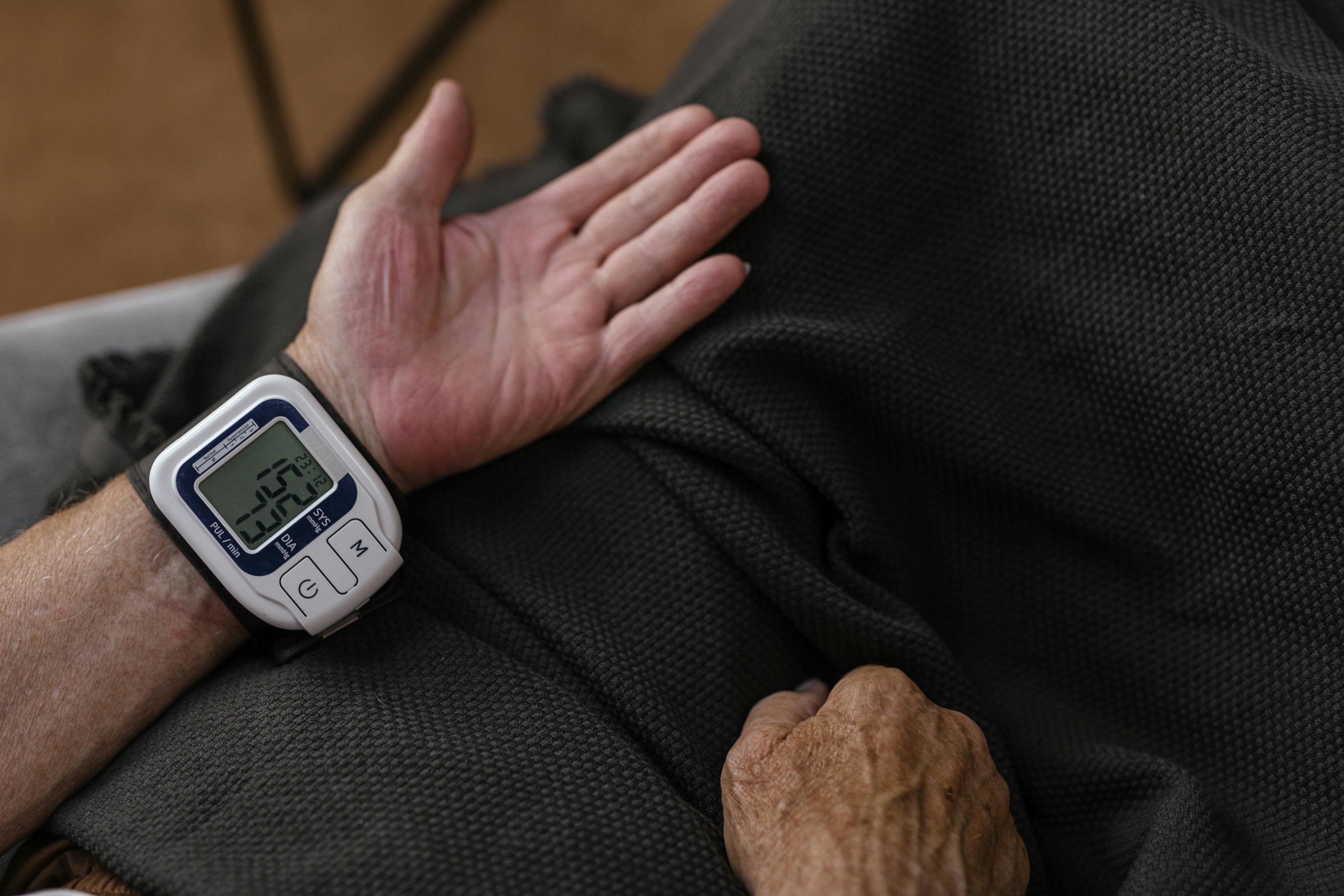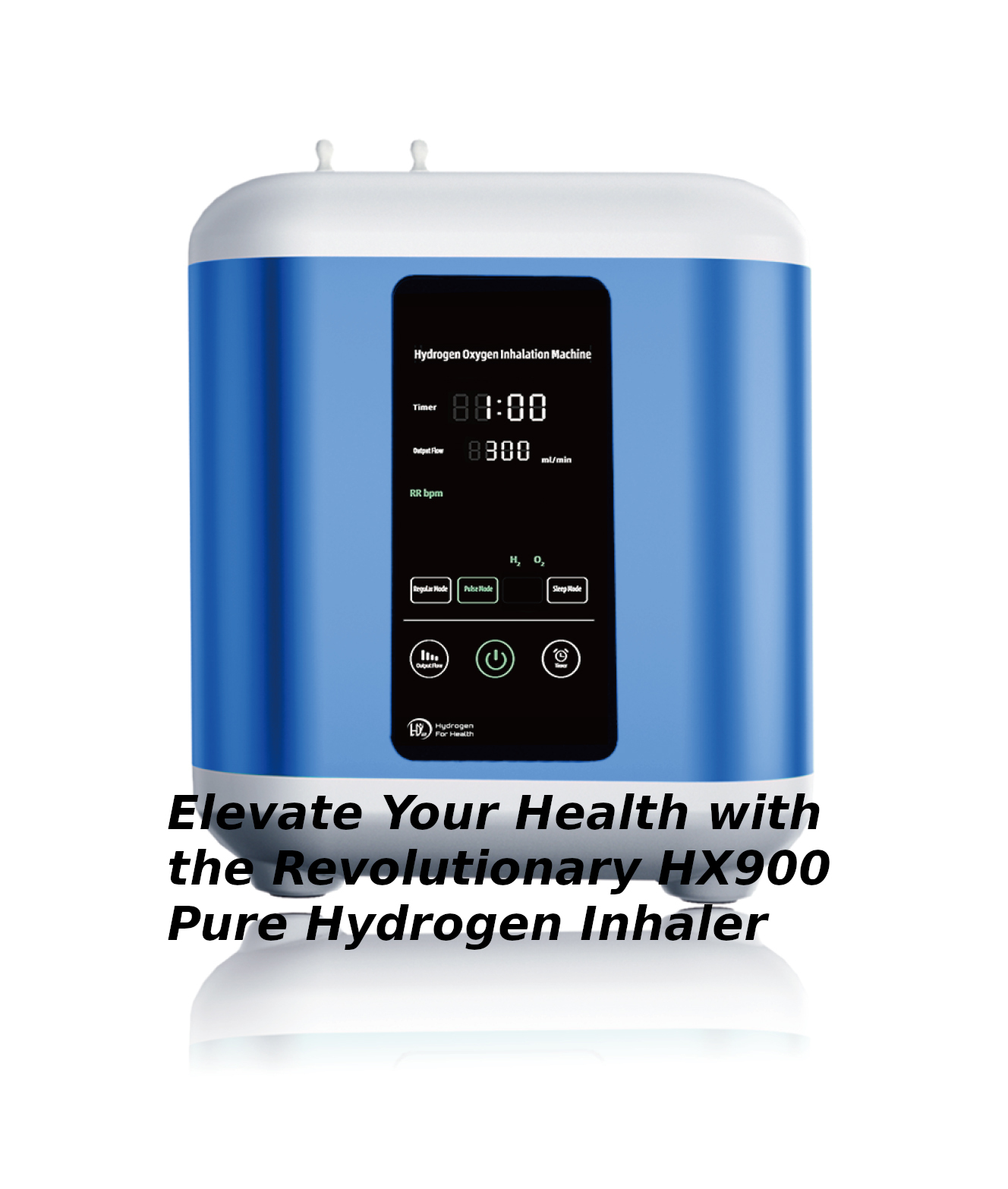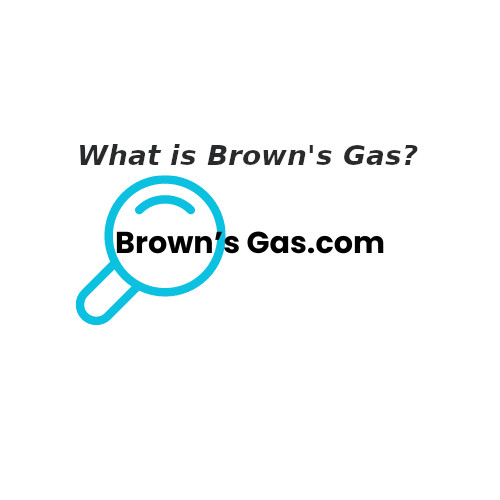
In the realm of medical research, the quest to find innovative treatments often leads to unexpected discoveries. Hydrogen, known for its abundant presence in the universe, has recently emerged as a promising candidate in the fight against pulmonary hypertension—a condition characterized by increased blood pressure in the arteries of the lungs.
Studies have revealed intriguing properties of hydrogen as a selective antioxidant, particularly in its ability to combat hydroxyl radicals, which are notorious for inducing oxidative stress—a key player in pulmonary hypertension triggered by substances like monocrotaline.
To explore its potential, researchers turned to a model induced by monocrotaline in male Wistar rats, a suitable platform for studying substances with antioxidant properties due to the oxidative stress triggered by this compound. The rats were injected with either a solution containing monocrotaline or a control solution devoid of it. Subsequently, one group of the monocrotaline-injected rats was exposed to an environment infused with 4% molecular hydrogen, while the other groups, both injected with monocrotaline or the control, were placed in environments with regular atmospheric air.
After 21 days, the researchers measured various hemodynamic parameters under urethane narcosis to assess the impact of hydrogen inhalation on pulmonary hypertension. The findings, while not altering the main markers of pulmonary hypertension induced by monocrotaline, revealed some notable effects.
Interestingly, the inhalation of hydrogen led to a reduction in systemic blood pressure, specifically its systolic component. Moreover, there was a decrease observed in the expression of TGF-β, a protein associated with cell growth regulation and inflammation, indicating a potential anti-inflammatory effect of hydrogen. Additionally, the number of tryptase-containing mast cells, often associated with allergic responses and inflammation, was reduced—an encouraging sign of hydrogen’s impact on these cellular components.
While the study did not show a direct influence of hydrogen inhalation on the primary markers of pulmonary hypertension induced by monocrotaline, the observed effects on systemic blood pressure reduction and modulation of certain inflammatory markers hint at the potential therapeutic benefits of hydrogen in this context.
This research marks a significant step forward in understanding the role of hydrogen in mitigating aspects of pulmonary hypertension. Although further studies are needed to delve deeper into its mechanisms and efficacy in combating this condition, these initial findings offer promise for potential future therapeutic interventions leveraging the unique properties of molecular hydrogen.
As the medical community continues to explore innovative solutions, the role of hydrogen in addressing pulmonary hypertension adds an intriguing dimension to the quest for effective treatments in cardiovascular health.



